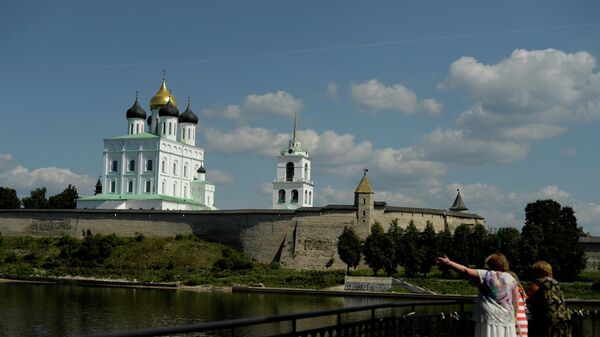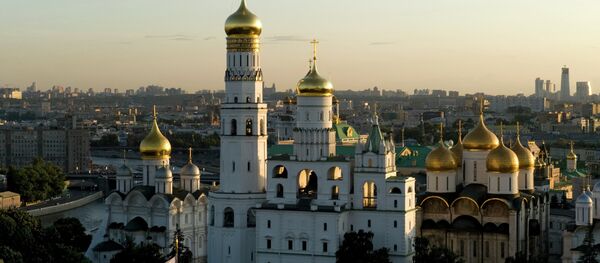Estonian journalist Krister Paris who visited the provincial Russian city of Pskov covering the case of Estonian intelligence operative Eston Kohver made three observations: there are very few cops, people are not drunk and there is food in the stores.
The observations, not very unusual for a foreigner visiting Russia, even a journalist, do reflect some cardinal differences between how people perceive Russia and their observations upon visiting. At its base, Russia is a place where people live and work, like almost any other place in the world.
"Why should people drink here?" One visiting tourist asked the journalist.
The lack of a police presence led Paris to even wonder what country is more of a "police state," Russia or his native Estonia. In the case of food availability, the issue became that of the variety of goods, rather the amount, and their prices.
However, the absence of ready-made cliches about Russia, almost omnipresent in dispatches about Russia, — the shabby apartment blocs, the drugs and drinking, the depressed, alienated person with a tragic story to tell — all make it difficult to create the typical Russia story.
Estonian intelligence operative Eston Kohver, whose trial the journalist was covering, was detained in Russia on September 5, 2014, with hidden recording devices, according to Russia's Federal Security Service, and is currently facing trial in the city of Pskov. The Estonian government alleges that he was kidnapped in Estonia and transported to Russia prior to his arrest.



